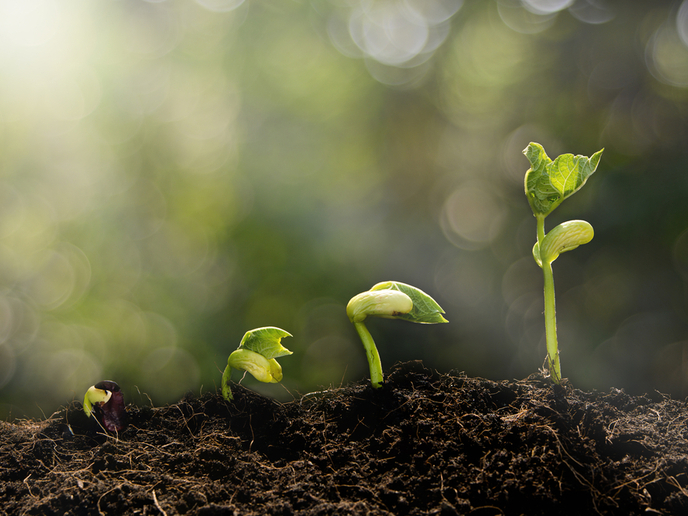Microfluidics is the future of agriculture with on-site soil analysis
Application of fertilisers to agricultural crops is currently based on calculations, estimations and recommendations rather than analysis of the actual demands of soil and plants. Often, the result is over-fertilisation, which has major disadvantages. Farmers suffer from reduced yields and unnecessary costs, groundwater is polluted, surface waterbodies are eutrophicated, greenhouse gases are emitted from soils, and finite natural fertiliser resources are depleted. Hence, a more efficient use of fertilisers is required, one that will maintain plant productivity while reducing negative impacts on the environment. This also benefits farmers by lowering fertiliser costs. The only obstacle to wider usage optimisation is the lack of rapid, low-cost soil analysis. The EU-funded MobiLab(opens in new window) project responded to this challenge by developing a lab-on-a-chip sensor for determining concentrations of the most important plant nutrients (ammonia, nitrate, phosphate and potassium) in the soil. This project is based on the outcomes of the award-winning EU initiative OPTIFERT.
Simpler is better
Project researchers developed an innovative soil analyser based on capillary electrophoresis that provides rapid, accurate indications of macronutrient levels, thereby supporting precision farming. “A conventional laboratory takes time and money. The iMETOS MobiLab analyser reduces costs by integrating soil nutrient analysis into a single microfluidic chip,” says project coordinator Günther Kriechhammer. As the structures are in the micrometre range, this required some ingenious engineering including microfluidics, the science of manipulating and controlling fluids in networks of channels with dimensions from tens to hundreds of micrometres. “Reducing the device’s complexity was the most important step in its development, and intellectually, the most demanding,” Kriechhammer adds. “Less complexity means lower production costs, fewer sources of error, easier understanding of the entire machine and easier service and troubleshooting when in the hands of the client.” iMETOS MobiLab technology can be used under field conditions for on-site measurements and operated by users without prior laboratory experience. The measured data is related to GPS coordinates (using a mobile app) and is sent via telecommunication to the cloud, where it is safely stored and accessible for the user. The information is easily converted into machine-readable formats, allowing the automatic site-specific variable rate application with precision farm machinery such as fertiliser spreaders and sprayers.
Major savings
The nutrient sensor will enable Europe’s farmers to determine the fertiliser requirements of their fields within just a few minutes and without the need for any special knowledge. Furthermore, it can help them save up to 35 % of their applied fertiliser, leading to total potential annual savings of up to EUR 6 billion at EU level. iMETOS MobiLab can provide benefits for the entire production chain in modern agriculture; its pricing aims to make it attractive to small and middle-sized farms. It will also help the EU to further expand its leading position on the world market for precision farming products. “Our experience so far is that in Europe, the main users are consultants, technical personnel on bigger farms and cooperatives. An unexpected bonus was how suitable the device is for analysing not only soil but also plant sap and wastewater,” Kriechhammer concludes.







